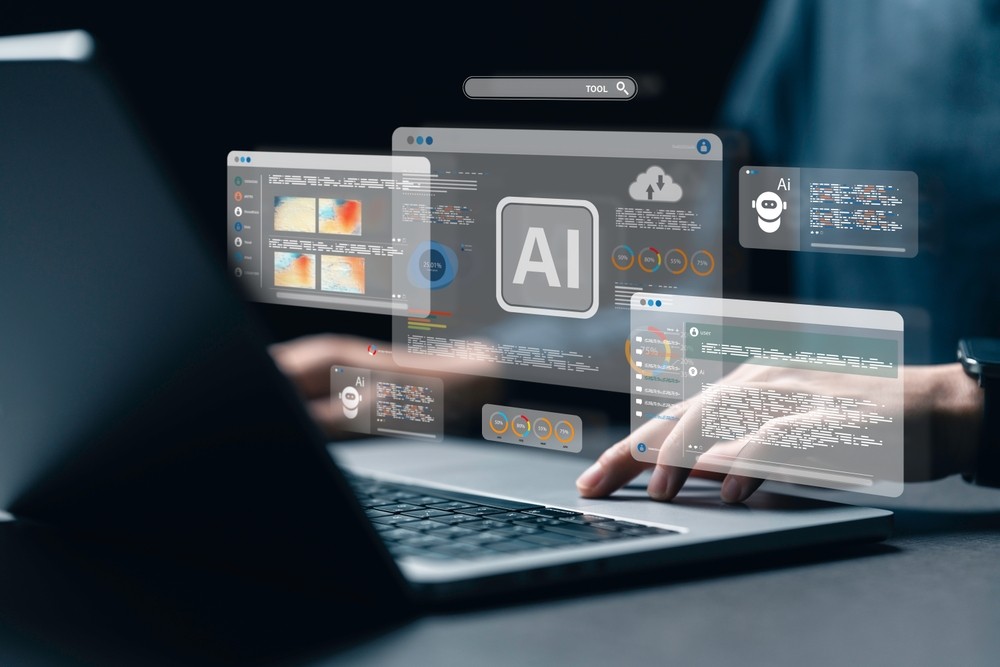Siemens Smart Infrastructure has published a new report entitled "Digital Transformation, Sustainable Returns: The New Pathway of Infrastructure". It is based on a survey of 650 senior executives and explores how digitalization can be harnessed to accelerate decarbonization and transform the world’s infrastructure – particularly in energy, buildings and industrial operations. The findings highlight how smart infrastructure enables decarbonization, resource efficiency and collaboration to achieve sustainability goals. However, whilst there has been significant progress in recent years, there is still an immense untapped potential, especially when it comes to data-driven operations.
Digitalization is a key enabler of decarbonization
The main insights include the extent to which digitalization enables more sustainable infrastructure, the importance of the right data to inform decision-making on the path to net zero, and which technologies leaders expect to have the greatest positive impact. Digital platforms are also seen to be an advantage for businesses, with respondents rating the top five benefits of their adoption as scalability; time and cost efficiency; faster implementation; reliability; and interoperability.
"Digitalization is a powerful enabler of sustainability, and decarbonizing our buildings, grids and infrastructure is within reach with solutions that exist today. For example, with IoT driving down the cost of smart building technologies, we can connect systems, reduce energy use, and unlock massive savings," said Thomas Kiessling, CTO of Siemens Smart Infrastructure. "To accelerate decarbonization and meet critical climate targets, we must harness digital technologies like AI and IoT in a more transformative way. The solutions exist, the savings are clear – there is no reason not to act now."
Digital technologies were found to play a critical role in reducing carbon footprints, optimizing resource use, and integrating renewable sources. 55% of respondents said that digital technologies have a significant or massive potential to advance the decarbonization of their operations. However, with 45% stating they see little or no such potential, many may not fully appreciate the links between digitalization and decarbonization.
Data gaps pose a major challenge
Smarter, connected infrastructure is key to energy management. Even though 54% of those surveyed say their organizations are mature or advanced in the data-driven management of their operations, the research also finds that one of the major challenges to decarbonization efforts is data availability. A considerable proportion of respondents say they have little or none of the data they need in areas that are key to improving decarbonization and resource efficiency: 44% lack emissions data, 46% lack plant and machinery performance data, and 30% lack energy consumption data.
Respondents also face hurdles in leveraging data even when it is available due to limitations in their organization’s abilities to effectively integrate, manage, and analyze data coming from a variety of sources. There is a recognized need across organizations to increase the volume, improve the quality, and enhance the availability of their data assets if they wish to make informed decisions and achieve better efficiency and sustainability outcomes.
AI could be key to the energy transition
Based on the results of the survey, it is clear that AI is the technology expected to have the most positive impact on decarbonization and resource efficiency: 33% of respondents believe AI to have the biggest impact in the next three years. However, for now, other solutions contribute significantly to emission reductions, including IoT, digital twins, smart grids, and edge technologies.







